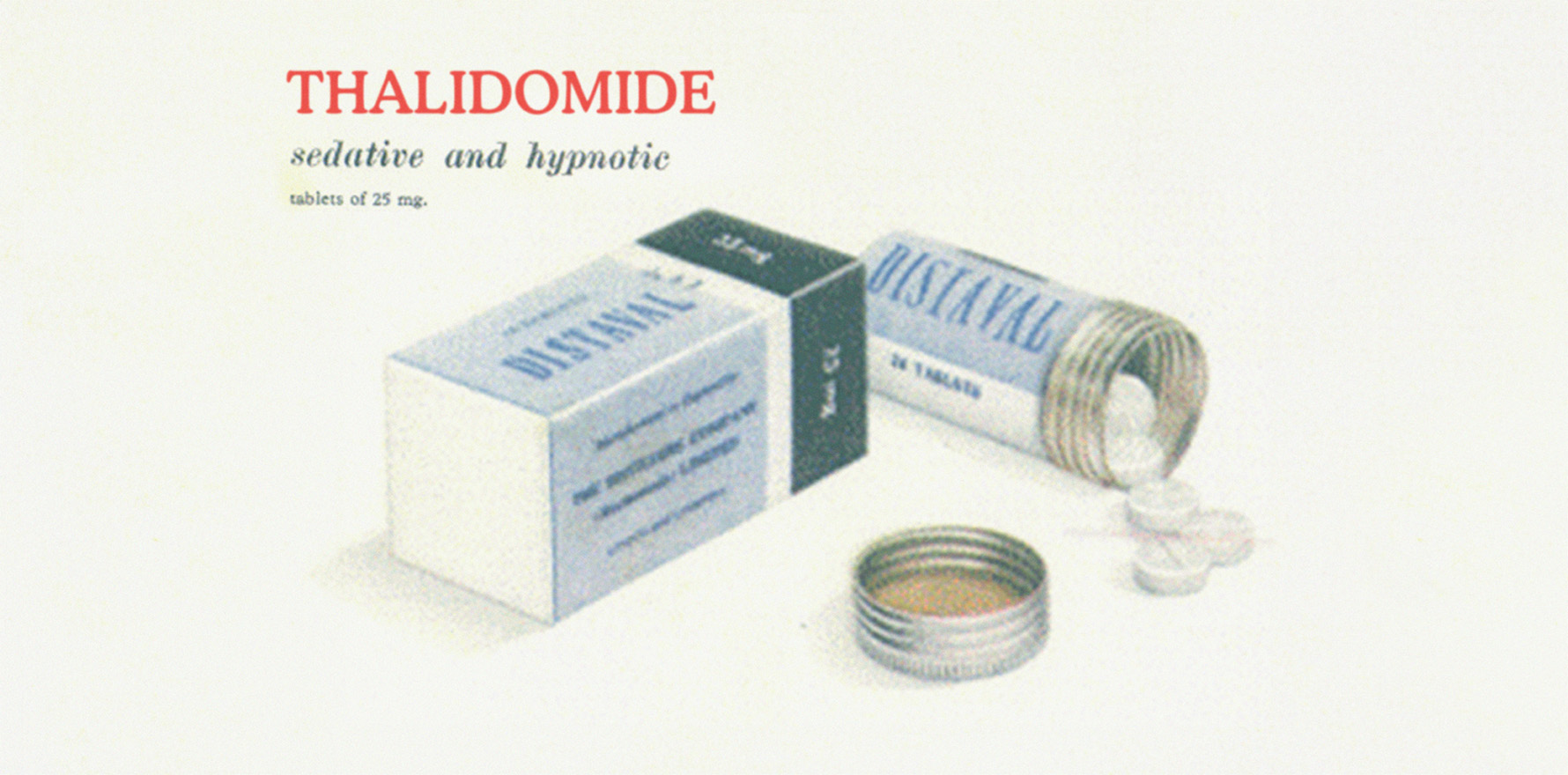The government will finally act on a Senate recommendation to apologise to the people affected by the morning sickness drug.
The Prime Minister has finally set a date for a national apology that’s been almost 62 years in the making, addressing the survivors of Australia’s worst pharmaceutical scandal.
On November 29, Prime Minister Anthony Albanese will unveil a memorial for the children and families affected by banned morning sickness drug thalidomide in Kings Park, Canberra, and deliver a formal apology for the scandal.
There are around 150 survivors left, all of whom are now aged in their sixties.
Thalidomide, an over-the-counter sedative specifically marketed to pregnant women, was withdrawn from Australia in 1961 after it was discovered to cause birth defects – typically shortened limbs – in developing fetuses.
The Department of Health did not alert the public to the drug’s withdrawal for at least eight months, nor did it destroy remaining stock.
If it had acted more swiftly, around 20% of Australian thalidomide survivors might have avoided exposure entirely.
An estimated 10,000 children worldwide were born with birth defects caused by the drug, and roughly 40% died in their first year of life.
The disaster was serious enough to prompt the formation of the Therapeutic Goods Administration, but it wasn’t until the mid-2010s that survivors began to gain traction in their fight for acknowledgement and compensation.
A 2019 senate report found that the government had a “moral obligation” to support Australia’s thalidomide survivors and that it had never fully accepted the role it played in the tragedy.
Former health minister Greg Hunt delivered on some of the recommendations contained in the report, like setting up a lifetime compensation plan for survivors.
But the very first recommendation to come out of the report – that the government offer survivors and their families an official apology – has been repeatedly rescheduled.
“Thalidomide survivors advised the committee that they consider an apology to be important both for themselves — for the years of inaction and lack of support — and for their mothers, many of whom blamed themselves for something that was beyond their control,” the report read.
“An apology is an opportunity for the Australian government to shoulder some of the responsibility for exposing these women and their children to danger.
“The committee considers that the Australian government owes thalidomide survivors and their families a profound apology.”
Thalidomide survivor Lisa McManus told The Medical Republic that Mr Hunt had originally planned to make the apology himself in early 2021 and to dedicate a memorial site at a later date, but backtracked on this after she presented a poll of survivors who overwhelmingly indicated a preference for the Prime Minister to deliver the apology and to dedicate the site at the same time.
“Most of our parents have died without hearing that there’s even a support package designed to look after us, or there’s an apology, or there’s even any government recognition,” Ms McManus said.
“And that’s just so sad.”
While the apology won’t make a difference to all of the survivors, she said, it’s been clear that it will make a difference to the majority.
“It’s really, really important to so many of us to hear that they’re recognising us … we’ve thought, ‘gosh, are they waiting for us just to fall off our perches and die?’” Ms McManus said.
“The campaign [to get compensation and an apology] was so long and hard and arduous … [it was] a campaign that should never ever, ever have been left to one of us to fight.”
Ms McManus said one former health minister had even told her that she would likely never get a government apology, because the government felt it had nothing to apologise for.
“To me personally, it’s just like … what a distance that we’ve come even in these last eight or nine years,” she said.





